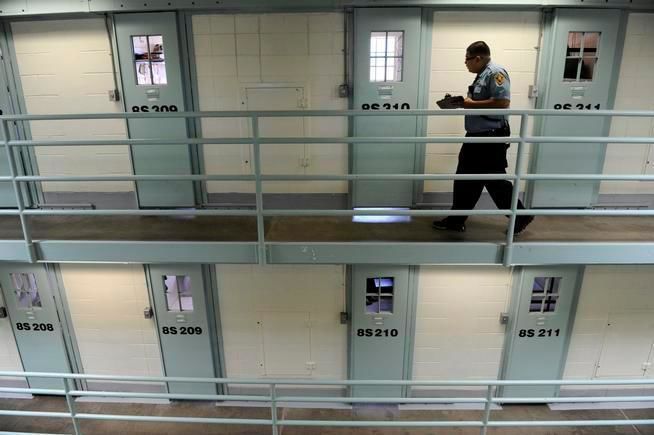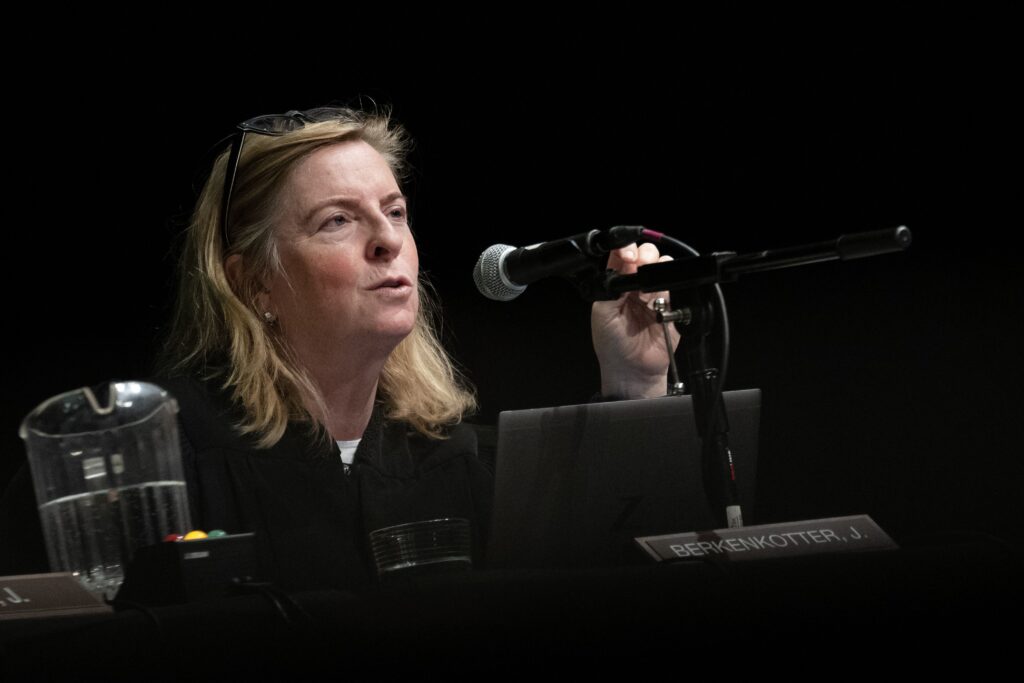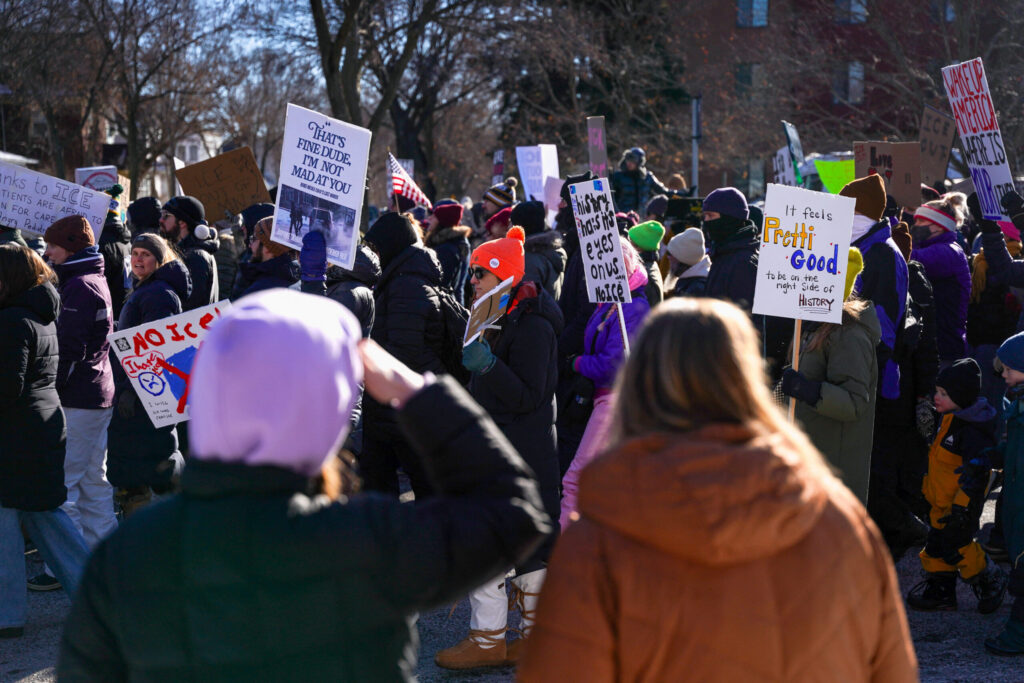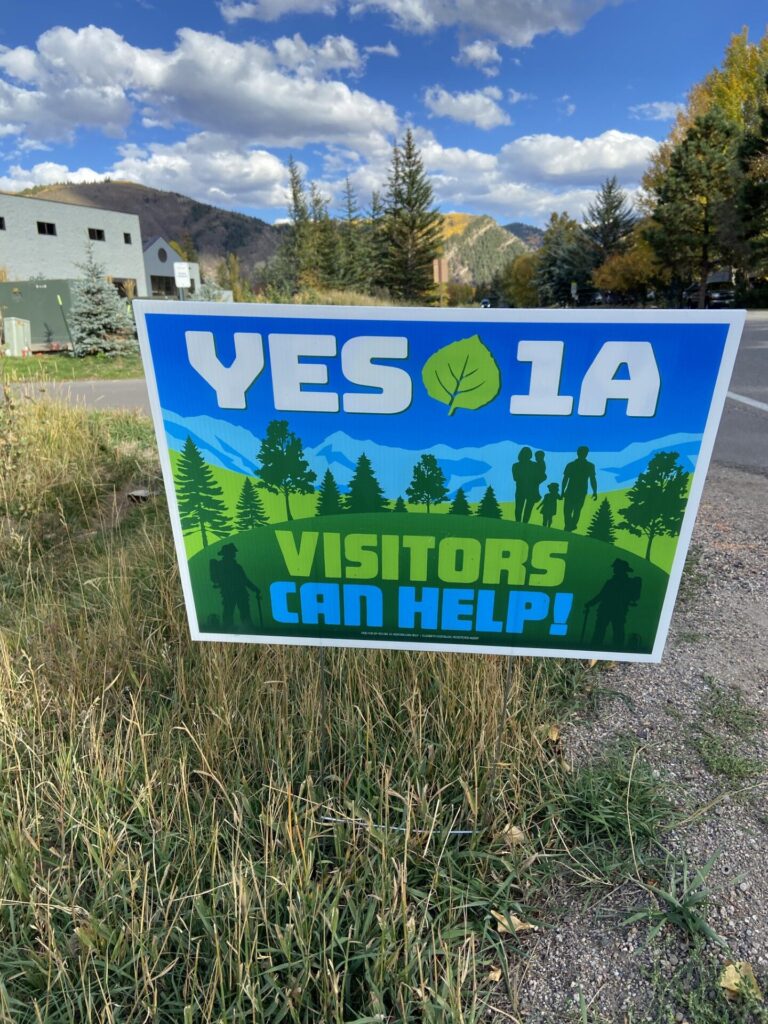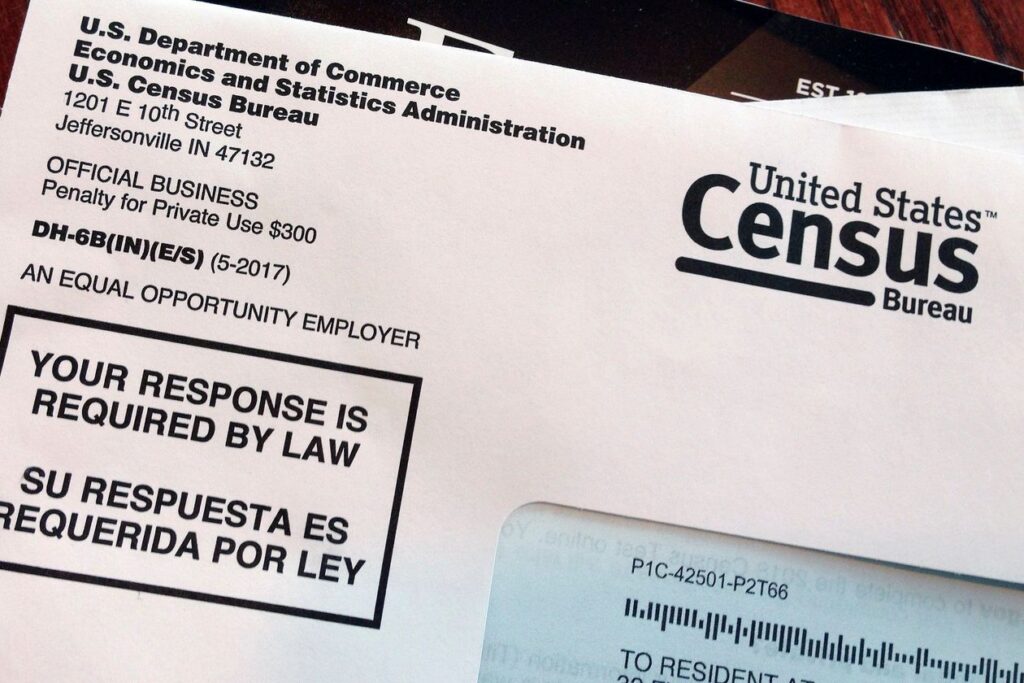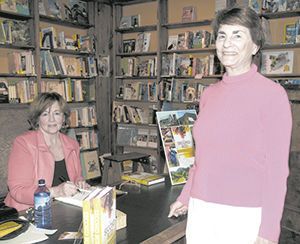Narrowing the gap: Golden police chief aims to build trust with community

In 2020 — five years into his tenure at the Golden Police Department and 33 years into his career as an officer in Colorado — Joe Harvey saw tensions between police agencies and communities at an all-time high, as protests erupted all around the country.
“There was an erosion of public trust between law enforcement and communities, particularly lower socio-economic communities and communities of color,” Harvey said.
Harvey, who later became the city’s police chief, began thinking of a plan. How could he reestablish trust between the community and those that are supposed to work to protect them?
“How do we narrow that gap?” he pondered, as he began to accumulate research from across the country on how other departments were working to strengthen those relationships.
When Harvey became Golden’s chief in 2023, he immediately established the Community Engagement Group (CEG), a wide assortment of residents who get to both sit in on the department’s discussions surrounding critical incidents and learn about policing.
“He tells us how he’s running the department. He gives us tours,” Sondra Welsh, a CEG member, told The Denver Gazette in 2024. “When a police officer does something wrong, he lets us sit on the board. He values our opinion in what we feel in the community and how we perceive it.”
So far, the Golden community seems to respect and learn from Harvey’s self-described unorthodox approach to acting as a chief. Crime statistics improved across the city.
“I’m very non-traditional. I’m proud to be non-traditional, but it doesn’t mean I’m soft on crime,” he said.
It’s important for law enforcement agencies to see themselves as subject to community input and expertise, Ajenai Clemmons, an assistant professor of public policy at the University of Denver, told The Denver Gazette.
“In democracies, policing should be understood as something that’s of service to the community and, therefore, subject to a community’s consent.”
A night of simulation
Nine members of the CEG gathered inside of the Frank DeAngelis Center for Community Safety in Wheat Ridge on Aug. 14.
The DeAngelis Center, which took over the former Martensen Elementary School in 2017, allows law enforcement to replicate school-shooter situations — a mission that was started by DeAngelis, the principal of Columbine High School in Jefferson County during the mass shooting incident in 1999.
Though often used for law enforcement training, the Golden residents involved with the CEG are able to run through various scenarios — such as traffic stops and active shooter situations — as a means to learn more about policing and an avenue to ask questions.
On Aug. 14, each of the nine members was fully engaged, and not just with the paintball guns and fake tasers. Each asked questions about how things are supposed to be done, how stressful the situations truly are, and how officers could improve.
“They walk out with a real education,” Harvey said of the CEG, which allows about 12 residents to volunteer for two years and two to remain with the group for another two years.
But the group doesn’t just do simulations.
The CEG is also asked to discuss department policy, as well as high-risk and low-risk incidents.
For example, members of the CEG are invited to join in on the Incident Review Board discussions over officer-involved incidents. The review board is run by a professional standards supervisor and hard-skill subject matter experts. Every time an officer is involved in a use of force, the incident has to be overseen by the group, including a CEG member.
While the CEG members don’t get a vote on whether the incident should be raised up to the chief for review, they get to ask questions and discuss the incident.
“If we do wrong, I’m going to stand up and tell you we did wrong,” Harvey said. “But, if we do right, I’m going to tell you we did right in this particular case.”
While the idea of a community advisement board isn’t necessarily a new idea, Harvey said the level of access the Golden CEG gets is.
“It is important for law enforcement agencies to genuinely seek the expertise and counsel of the communities they serve,” Clemmons said. “But you should not stop there. It can easily be commandeered for show.”
The Denver Police Department also has a community advisory board, for example, that gets to meet with Police Chief Ron Thomas and ask questions frequently.
“These engagements are designed to have open and honest feedback, as these boards provide an important voice that is essential to furthering police and community relationships,” a spokesperson with the Denver Police Department told The Denver Gazette, saying the agency “truly values” its relationship with the community.
The Boulder Police Department, on the other hand, stopped doing community engagement town halls under Chief Stephen Redfearn’s tenure in 2024, opting for community events and social media Q&As.
“All of this has continued to build on our strong community partnerships and built new relationships, as well,” a spokesperson with the Boulder Police Department said.
While community advisory boards are similar to police oversight committees — independent groups of citizens and professionals who review policies potential misconduct — police oversight committees are run and appointed by the city itself, not the police department.
Clemmons — who helped start Denver’s Office of the Independent Monitor and acted as the community relations ombudsman — said that while, on paper, community advisory boards can be productive, oversight committees are also necessary to introduce accountability and changes within departments.
“The most important thing is to not confuse a police advisory group with an oversight committee. They cannot be substituted,” she said, adding that the benefit of police advisory groups can be unfiltered, more colloquial conversations. Meanwhile, oversight committees can create significant change by overseeing investigations by professionals.
But there can be negative consequences of police advisory groups if they are just created for show by departments or cities that cannot — or will not — fund actual oversight committees, she said.
Looking over the blinders
While police department community engagement groups can bolster relationships between residents and police, they are often done incorrectly, according to a study published by the NYU School of Law’s Policing Project.
“Too often (Community Advisory Boards) are a result of pro forma efforts by policing agencies to signal a commitment to working with the public — without really working with the public,” the study said.
Furthermore, the worry is often that, due to being picked by the department, the members of the board would fit a pro-police narrative or overshadow underrepresented communities in the city.
“It is essential that CAB membership be diverse across a range of dimensions — not only in terms of demographic makeup, but also by professional background, experience, skills and perspectives on policing,” the study said.
Clemmons said it’s human nature for people to choose people that are easy to work with.
“But this is where it’s really critical for police agencies to have diverse perspectives and backgrounds on that group, she said. “People who are committed to genuinely improving the system.”
Harvey said the Golden Police Department is trying to avoid pro-police biases.
When asked if Harvey has blinders when selecting his 12 group members, he said, “If you’re looking to set up a board in a matter that is pro-police, sure. That’s not what I do. I am not looking for yes people. Even my own executive staff and I don’t agree on lots of things. I want unilateral access to people who are going to be brutally honest with me.”
Harvey said he attempts to find people who cover the gamut of the city, including a variety of socio-economic classes, races, sexual identities, religions and neighborhoods.
The interview process includes an interview with Harvey, in which he asks about people’s opinions on police. He said he wants to choose people who are against them in an effort to learn from them and teach them.
Harvey even tries to have a member of Golden High School in the group every year.
“Conflict is very healthy,” he said. “Without conflict, you are never going to move beyond the point you are at. It’s about having harsh conversations that are difficult. Crucial conversations about what we’re going to do and what we can do better.”
Lisa Congleton, a CEG member, said Harvey can be intense but it’s all sincere, adding that discussions have been fruitful.
“I want a command staff that’s going to question the status quo, and same goes to CEG. There have been people on this community board who have had a distrust in police. I’ve been able to turn them, but there is still a skepticism on the profession as a whole,” Harvey said.
‘Equity-based’ policing
Harvey’s ideals stretch past the CEG, with a goal that everyone within the department should be healthy and happy in order to give the best results to those in the community.
Since he moved into the chief role in 2023, Harvey has worked to establish “equity-based” policing.
“In a lot of circles, the word equity doesn’t sit well with a lot of people. It’s been torn down in the media. I think it lost some of the value that this very humanistic term carries,” he said.
The No. 1 priority, he said, is keeping all of the 71 employees happy. If the officers are happy, their interactions with the community will be more equitable, he said.
The No. 2 priority is public safety.
“Make no bones about it. We are vehement in how well we protect this community. But every member of that community wants to see a happy, healthy police officer come to their house,” he said.
Welsh, the CEG member, added, “He wants to make sure that when his police officers respond to something, they’re being compassionate and just showing community love. He has really embraced that in our community.”
Crime has dropped in Golden since Harvey took over.
There were 45 violent crimes reported in Golden in 2022, according to Colorado crime stats. There were 38 in 2023, 26 in 2024 and 13 so far in 2025.
Property crime has followed suit, with robberies, burglaries and vehicle theft all dropping every year since 2023.
Those trends also followed an downward trajectory for crimes statewide.
But Harvey knows Golden is already a pretty safe place prior to his command.
For example, the last actual officer-involved shooting with a member of the department occurred in January, but it happened in Lakewood.
“We have less issues that might be linked to socioeconomic challenges and the frustration of not having enough to survive on, which, thus, creates the need sometimes to do other things to try to provide for a family,” he said.
Still, crime happens there, especially with just 53 police officers, he said. It’s all about scope.
Harvey is proud of what he’s working to create.
“Every human being is entitled to live their very best life. Whatever they enjoy, I want them to do it the way Beethoven composed music and Michelangelo painted. I want it to bring joy,” the police chief said.





